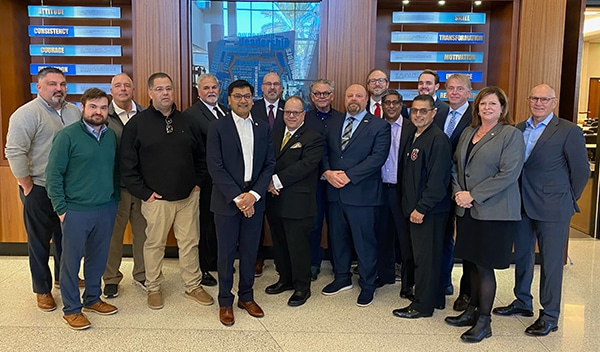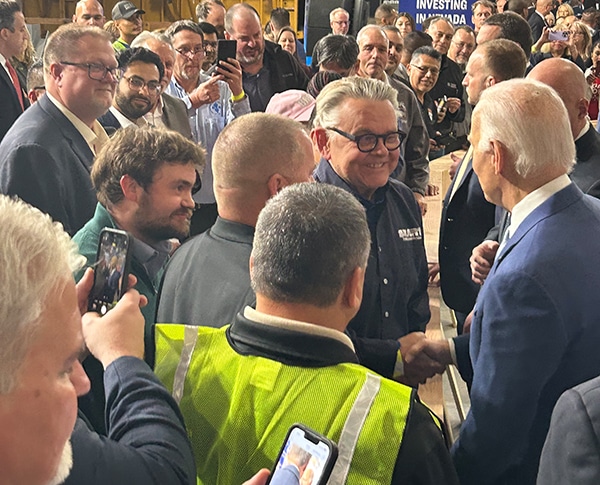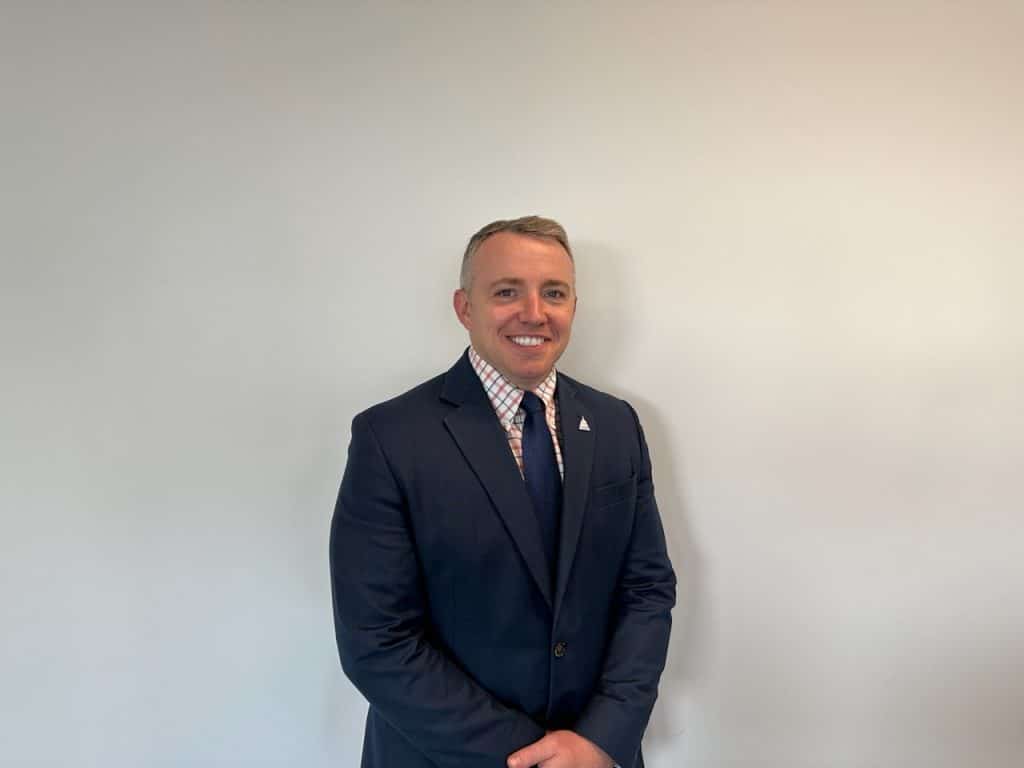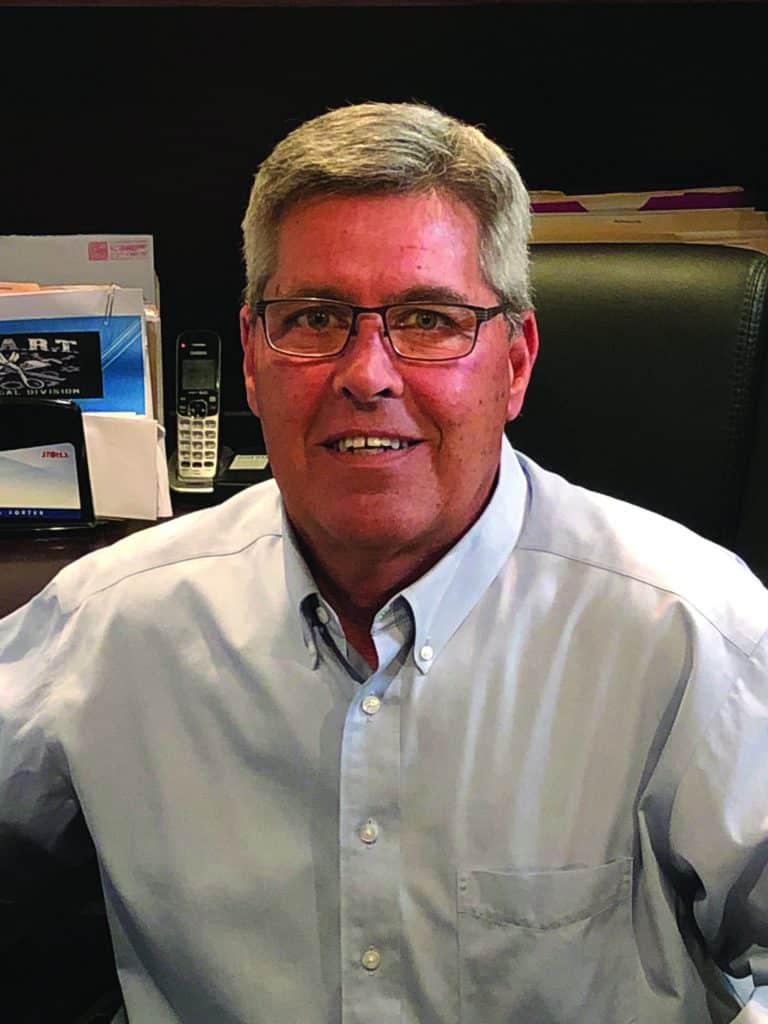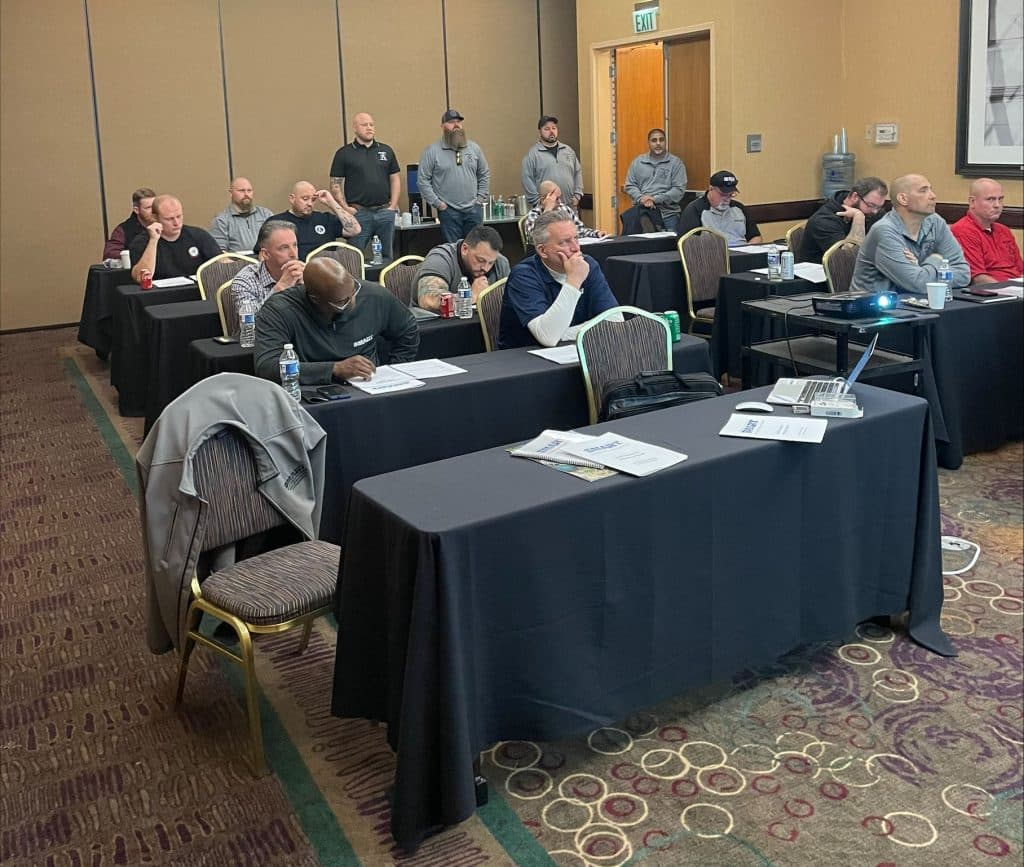In May of 2023, SMART dealt a major blow to Union Pacific when, after four years, we successfully received an arbitration award that sustained our claim for protective benefits for five SMART Railroad, Mechanical and Engineering (RME) members that were furloughed by the carrier and replaced with contractors.
On October 1, 2019, Union Pacific sent a notice to SMART stating that it was furloughing nine employees working in the Water Service Department, and that the carrier intended to contract out the work. Union Pacific refused to follow the black letter of the collective bargaining agreement and instead arbitrarily selected which of the furloughed employees would receive protective benefits, denying benefits to others.
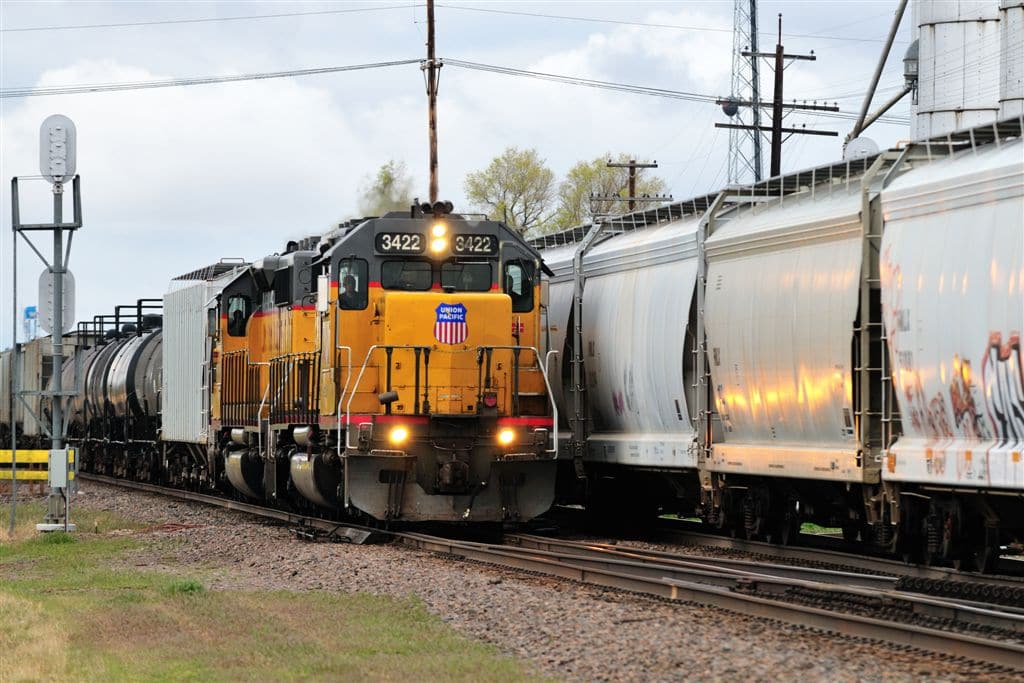
SMART filed a claim on behalf of the members that were refused protective benefits, and the case was heard before a Special Board of Adjustment in 2021. The claim was originally denied by the arbitrator; however, SMART asserted that the board’s decision was not based on the clear language of the agreement and filed a motion to vacate in district court. The court agreed with SMART and remanded the case back to the arbitrator, which meant going through the entire arbitration process a second time.
“I would never have gotten anything without the help of the union, without people like Joe giving their time and doing their job. The money will go a long way.”
RME member Don Yei
The case was heard again in March 2023 — and SMART prevailed. Union Pacific was ordered to provide protective benefits to the members’ choosing based on the options set forth in the agreement. In total, these SMART members will receive more than $840,000 in protective benefits.
“Union Pacific is a huge railroad, and it fought hard to deny the members what was rightfully theirs,” said International Representative Joe Fraley, who handled the case. “But even when times got tough, the members had SMART’s back — and SMART had theirs. Together, we fought smarter, we fought harder, and we won. That’s what being SMART is all about.”
“I am honored and humbled to represent the members — the members are the real heroes here, and they deserve every penny that they will receive,” he added. “We would not have done it without all of us working together. We would not have done it without being SMART.”
For the victorious members, the case demonstrates the material difference of union solidarity.
“I would never have gotten anything without the help of the union, without people like Joe giving their time and doing their job,” said RME member Don Yei. “The money will go a long way.”
